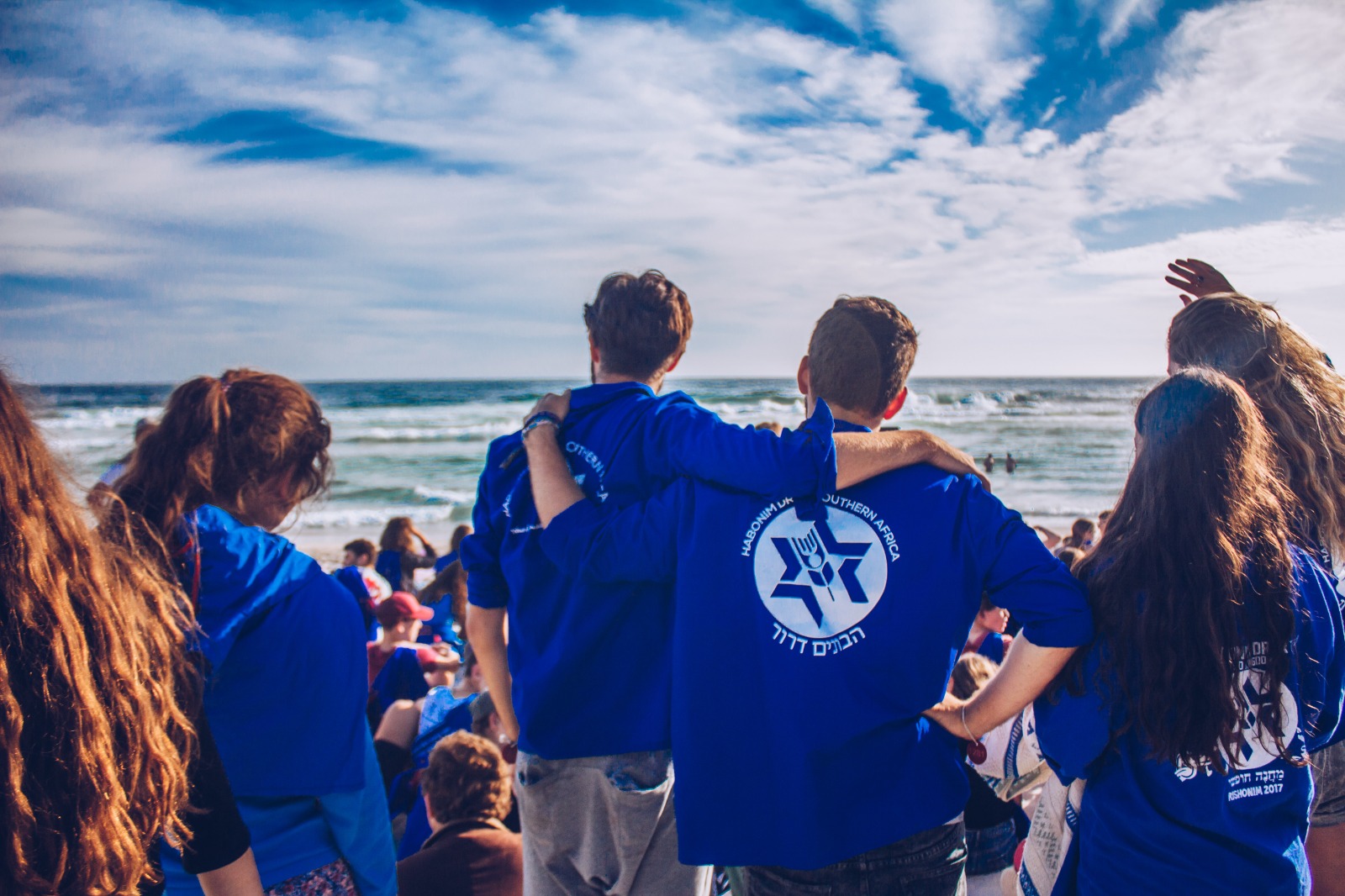
Community

Machaneh loud, proud, safe and sound, say organisers
Amidst an alarming rise in antisemitic incidents worldwide, some Jewish parents are hesitant to send their children to camp this December. However, the leaders of camps such as Habonim, Bnei Akiva, and Netzer, along with the community security organisation (CSO), have assured parents that the security measures in place probably make camp the safest place for their children to be.
“We’re excited for machaneh, and know it will be fun and a safe space to be,” said Mira Rudnick, rosh machaneh at Habonim. “It’s far better, just from a physical safety standpoint, to be at machaneh, where there’s 24/7 protection than being by yourself on a holiday or with your friends.”
It’s important for young people to go to machaneh, said Julian Gordon, the head of marketing for Netzer South Africa and head of finance for Machaneh Chevra. “First, it’s always such a fun and unique space. It has characteristics that you just don’t find in other areas of life. Second, in such an uncertain time, the benefit of bringing chanichim together is that they can make sense of the world around them in a sensitive and supportive way. This is especially because our madrichim want the best and safest environment for chanichim, and that shows in the peulot [activities] they’re planning, and just how they are as people.”
Rudnick agrees, saying, “There’s nothing more powerful than kids being able to hear a slightly older person speak in a way that’s relatable to them and not feel so isolated by the feelings that they’re feeling. If they’re experiencing antisemitism, feeling scared about Israel, feeling worried about their future, there’s nothing more impactful that we could give those young Jews other than a really excited and eager maddie who’s keen to talk about it, is having the same experience, and can come at it from a different perspective.”
Gordon said applications to Netzer this year were slower than in previous years. “Some parents are concerned about safety, but others are keen to send their kids to machaneh,” he said.
“It’s been a mix of both extremes,” said Rudnick. “Some kids have jumped at the opportunity to be in a Jewish space with their friends where they feel that they can be who they are, have fun, and be in a secure environment. But others have gone to the other extreme, and feel scared to come to machaneh and be in a Jewish space.”
Jacob Ogus, rosh machaneh of Bnei Akiva, said the number of kids signing up hadn’t changed. “People are confident that we’ll take the utmost precautions and put all the safety measures in place to ensure that machaneh runs safely,” he said.
Along with additional security, recent events in Israel have also necessitated changes to the camp programmes. “It would be quite difficult to run a Jewish machaneh without changing things,” said Rudnick. “But we understand the importance of making sure that our machaneh meets the expectations of kids and parents, education and activity-wise.”
In addition to physical safety, machaneh also prioritises chanichim’s emotional safety, said Rudnick. “If I was a kid right now and I felt worried about being Jewish and my future in South Africa, I would also just want a break from it. It’s all over social media, and we know kids are all over social media; there are announcements about it at schools; conversations at the Shabbos table with your family; at shul; it’s everywhere. Jewish people feel a need to speak about it, and that makes total sense, but the greatest gift parents can give their kids this December is a break from that conversation, certain moments of the day where kids should be able just to go to the beach feeling entirely safe and secure and proud of who they are.
“It can be a nice distraction and also a really beautiful light among this darkness right now, while ensuring that we’ve included educational emphasis on Jewish identity and pride, and feeling confident in the amazing Jewish leadership that exists in South Africa,” she said.
Gordon said the camps work consistently with the CSO, which has conducted campsite inspections to ensure safety at machaneh. “We’re also making sure that chanichim travelling to Cape Town will do so in the safest way possible,” he said.
“Parents shouldn’t be worried in the slightest,” said Ogus. “We’re confident in our security measures, in the CSO, in our relationships with the police force and law enforcement. We’re extremely excited for machaneh, and cannot wait for an unbelievable three weeks.”
“The CSO continues to cultivate its longstanding partnerships with the various camps to ensure that Jewish life and the Jewish way of life can continue to flourish in South Africa,” said Jevon Greenblatt, the director of operations at the CSO. “The teams consist of trained security officers from within our community working under experienced leaders within the organisation, whose sole mission is to ensure safety and security. They are trained and equipped to deal with a variety of emergency situations, undergoing additional specialised training related to summer camps and tiyulim.
“Over the years, the CSO has formalised strong relationships with emergency services including local law enforcement agencies in the areas where camps will be taking place. We have been in communication with them, and have their full support and backing. With everybody co-operating and working together, we look forward to a fun, safe, and secure environment for all camp participants.”
“We’ve covered all our bases regarding physical and emotional safety,” said Rudnick. “It’s now just about giving our kids that opportunity to recoup, to go into a place where there are people whose mission every single day is to make sure that they’re the best versions of themselves, that they’re having the most fun that they possibly can and growing as people.
“Above all, they’re going to have a phenomenal time and make wonderful memories in spite of what we’re facing as Jews. That’s the most important thing Jewish people must strive for at this time – to continue living proudly and loudly.”










